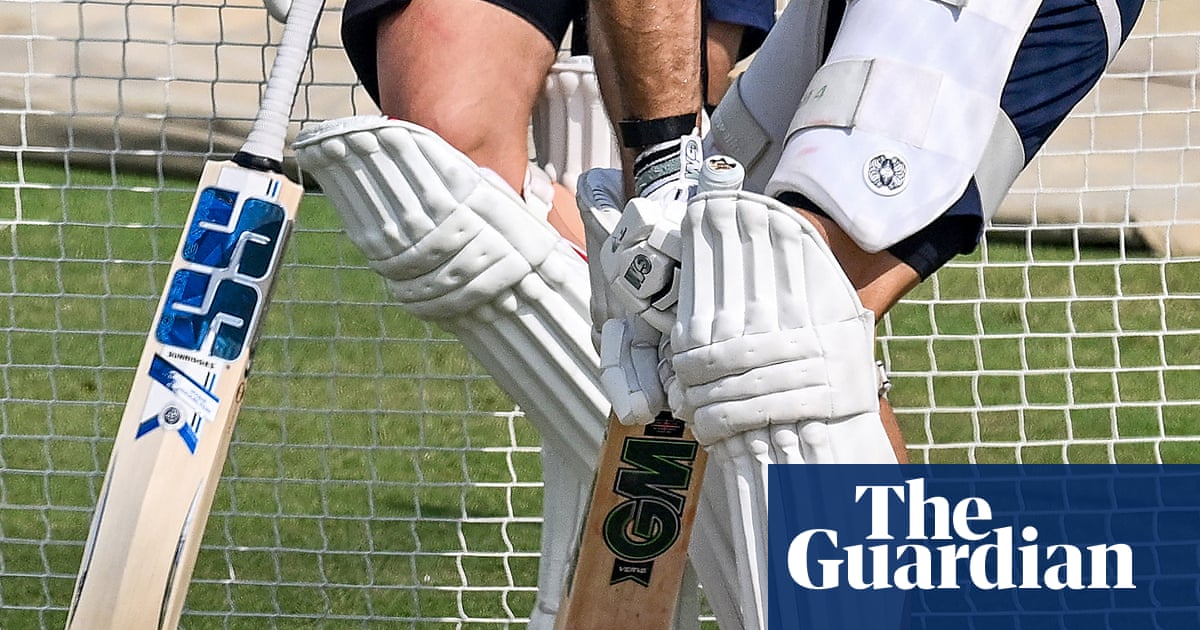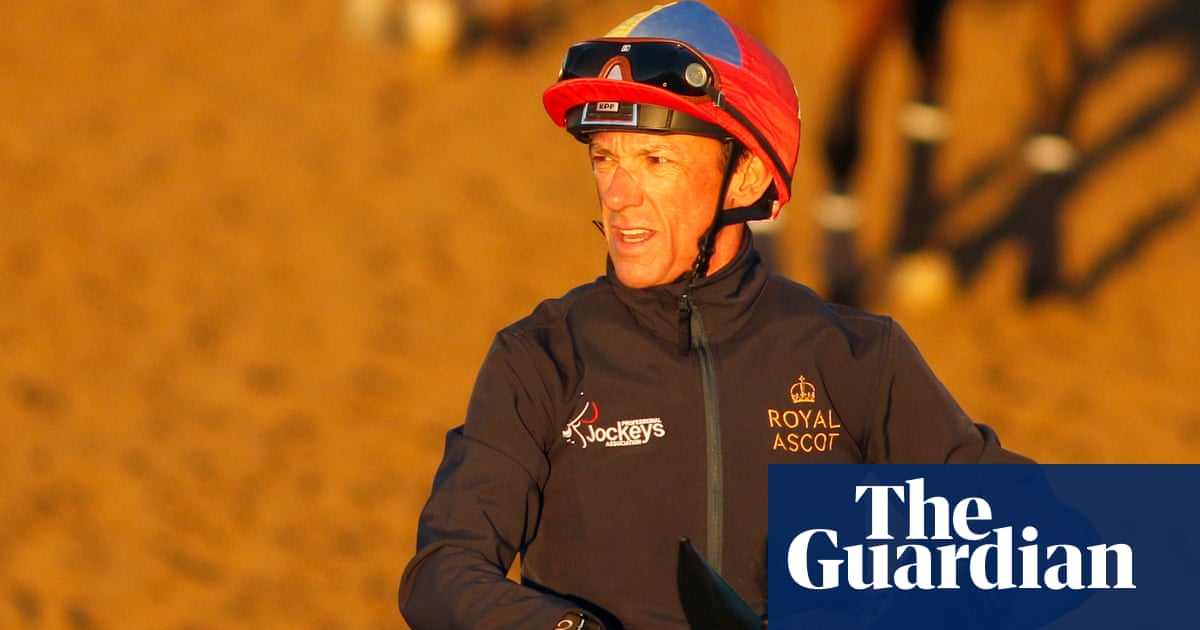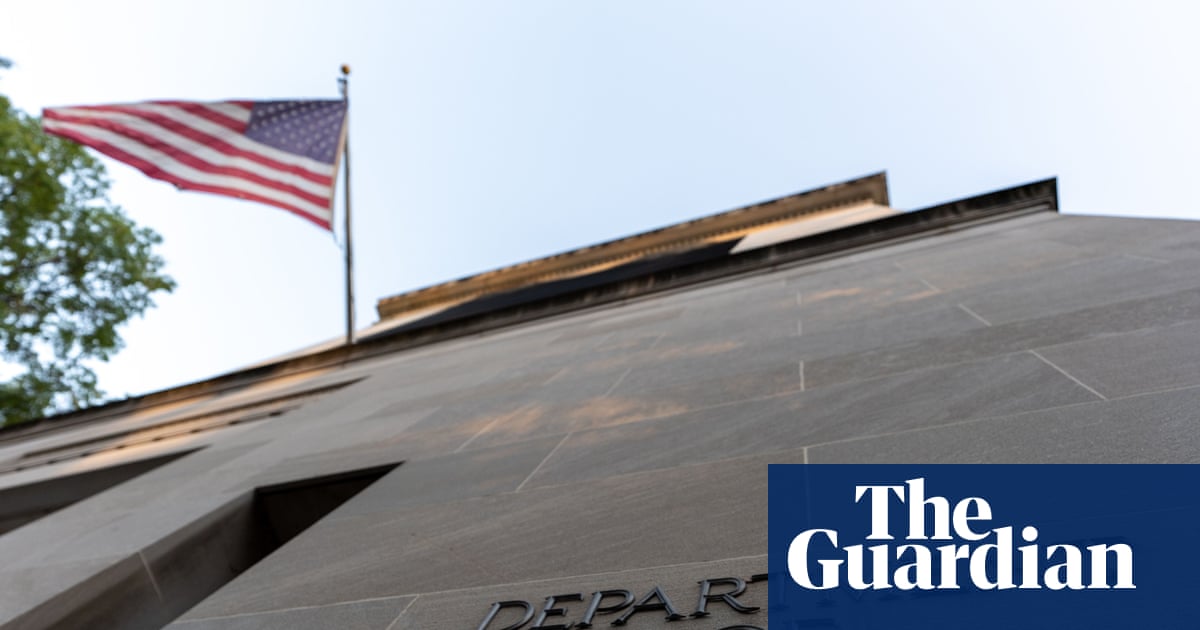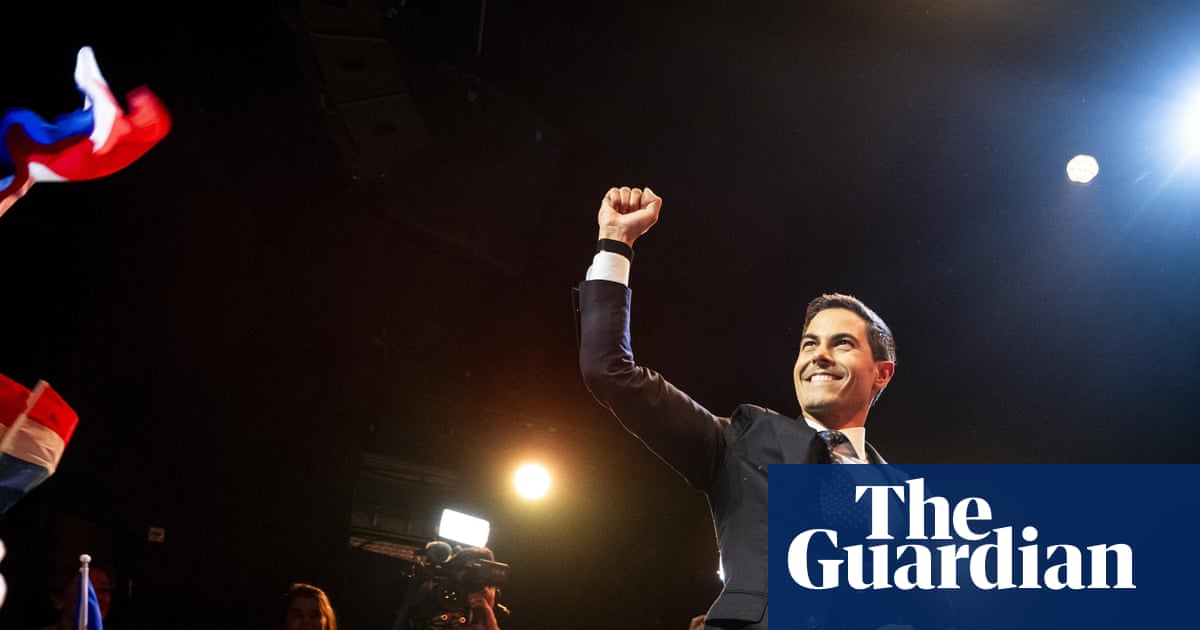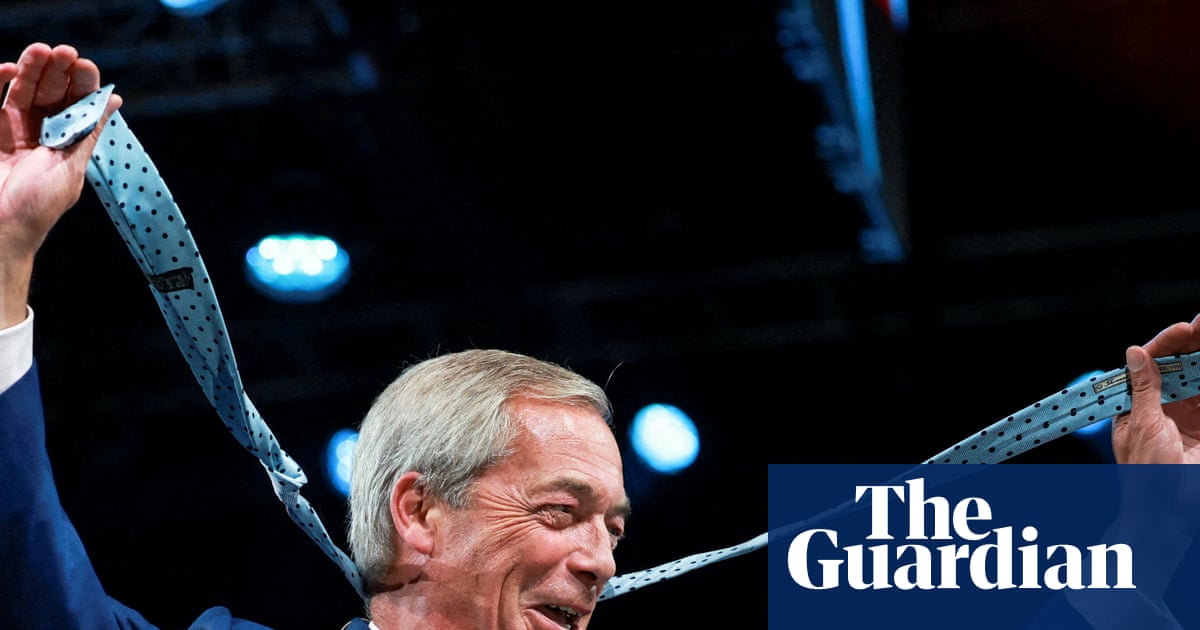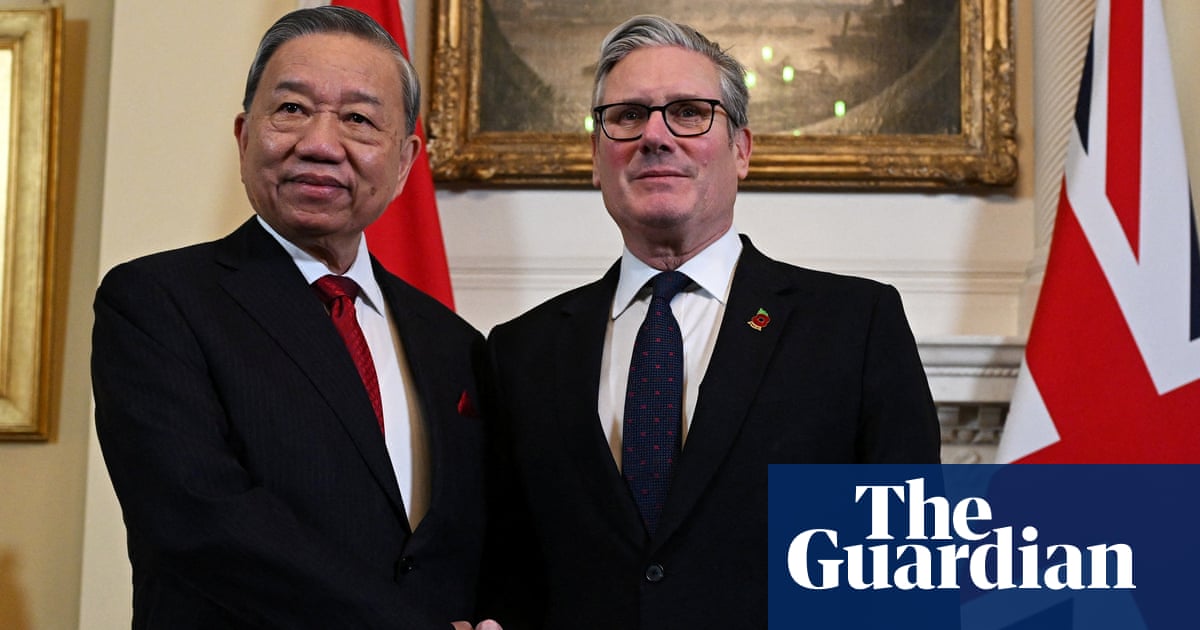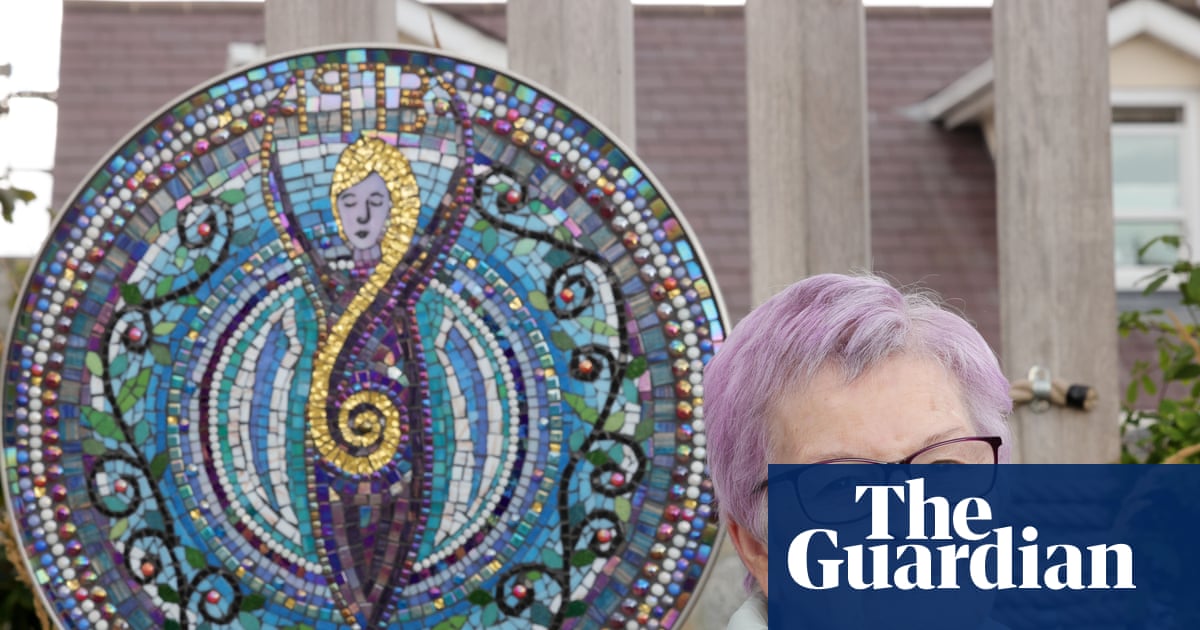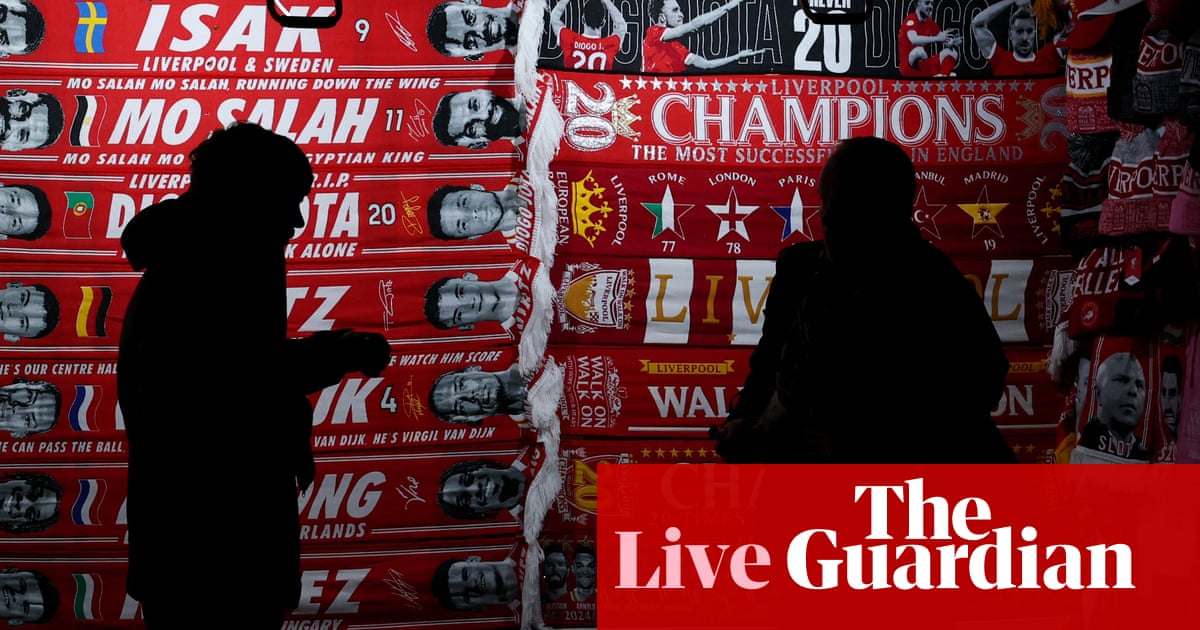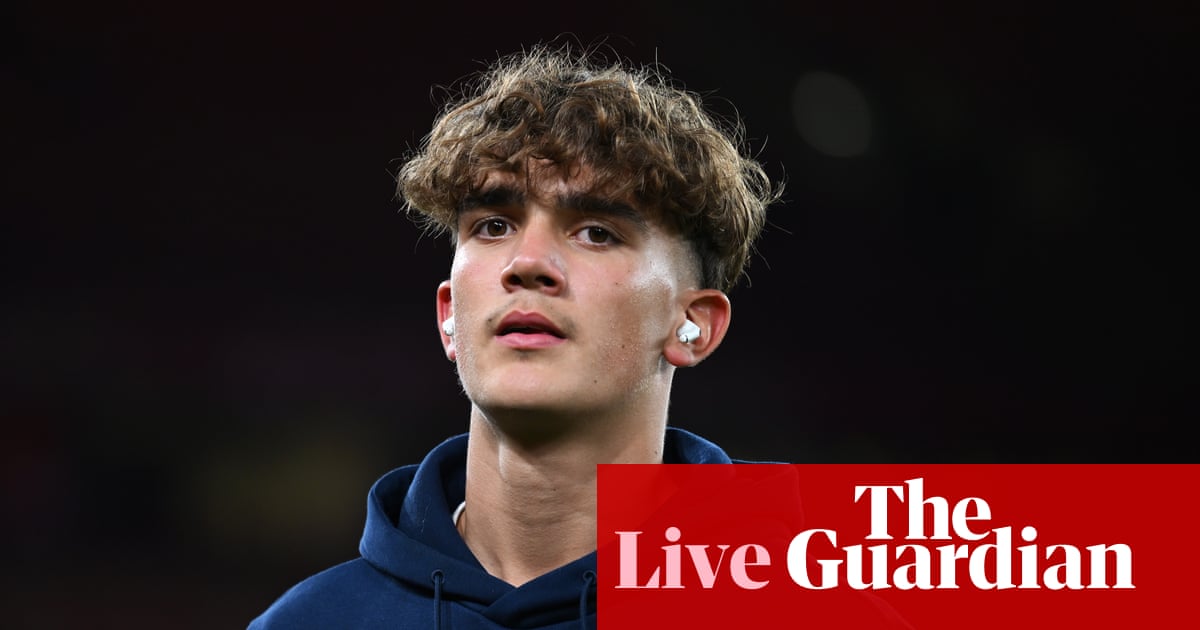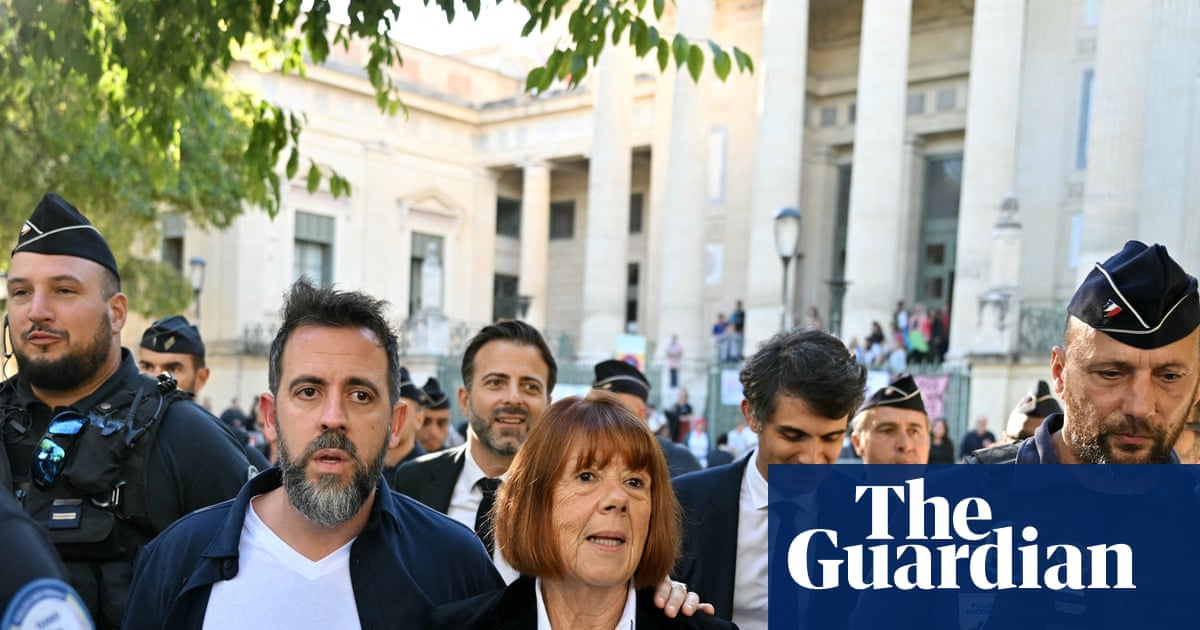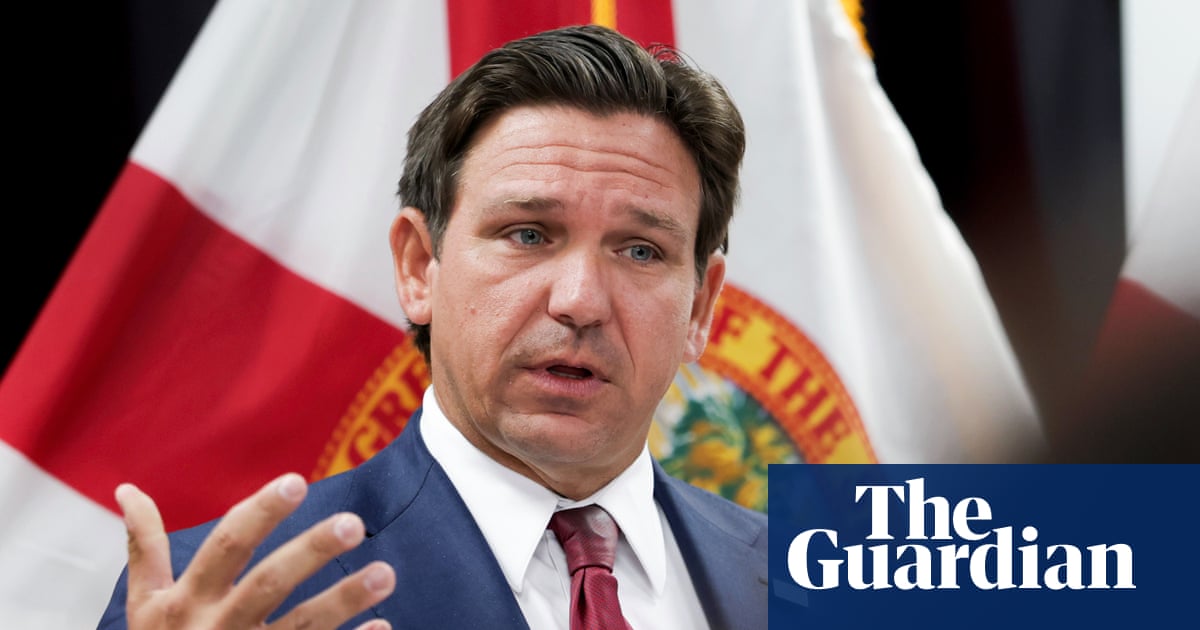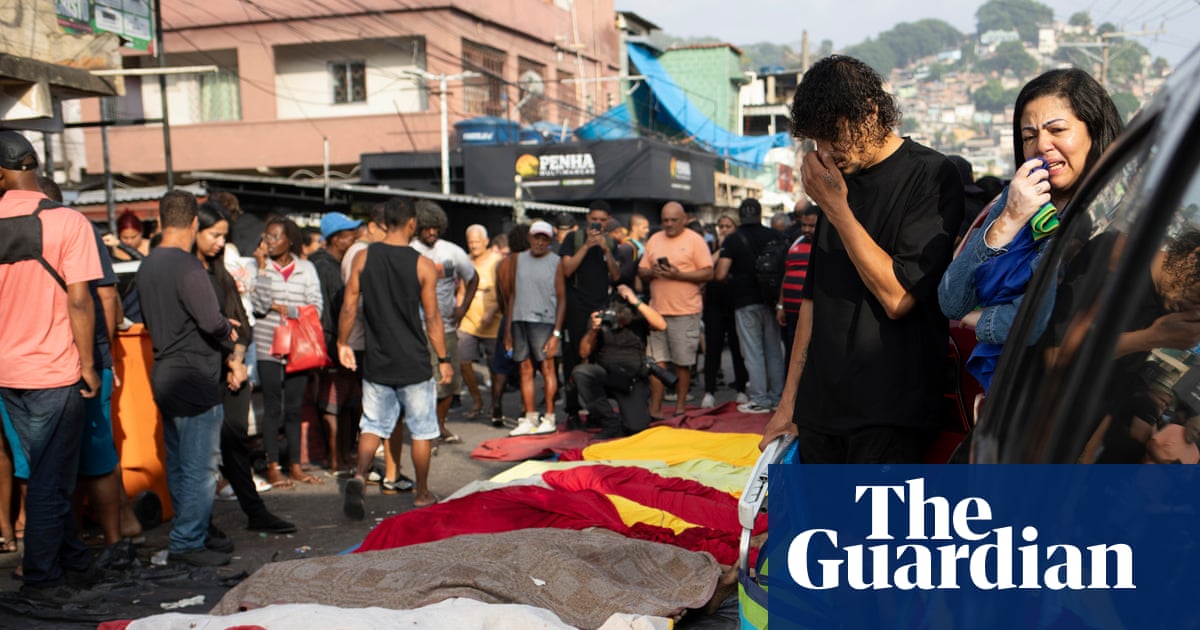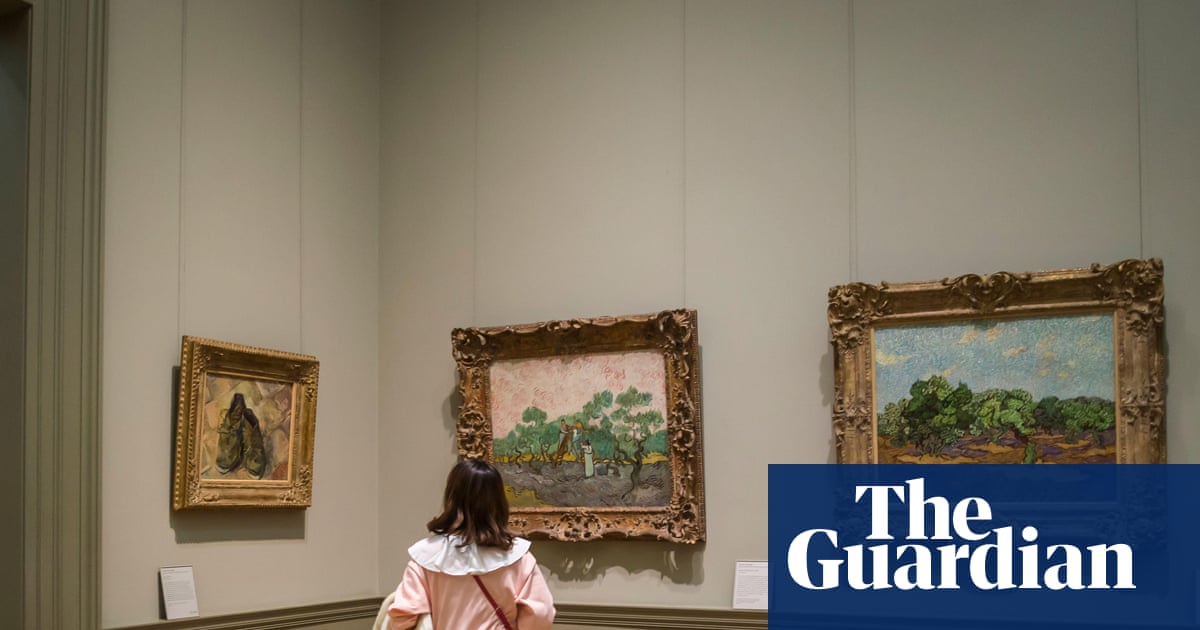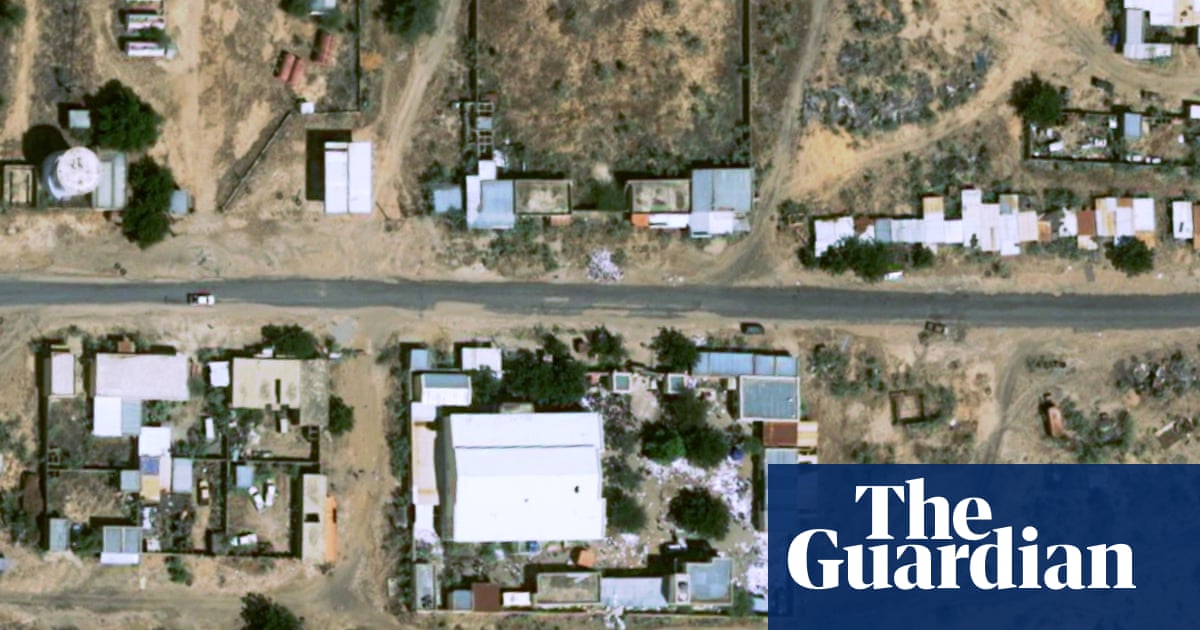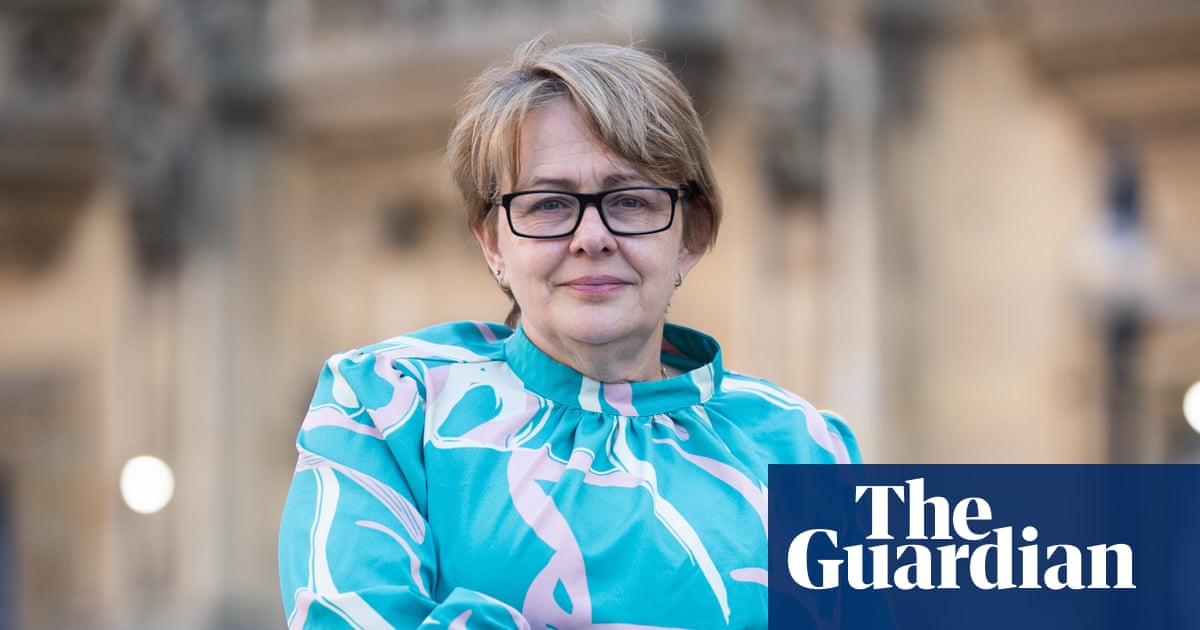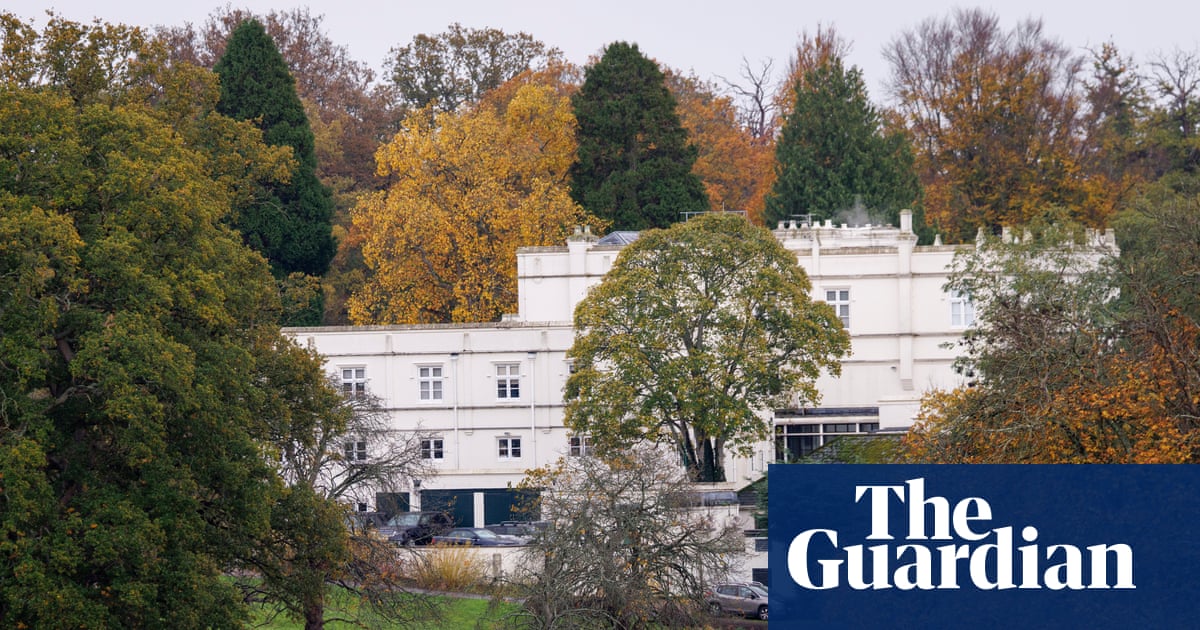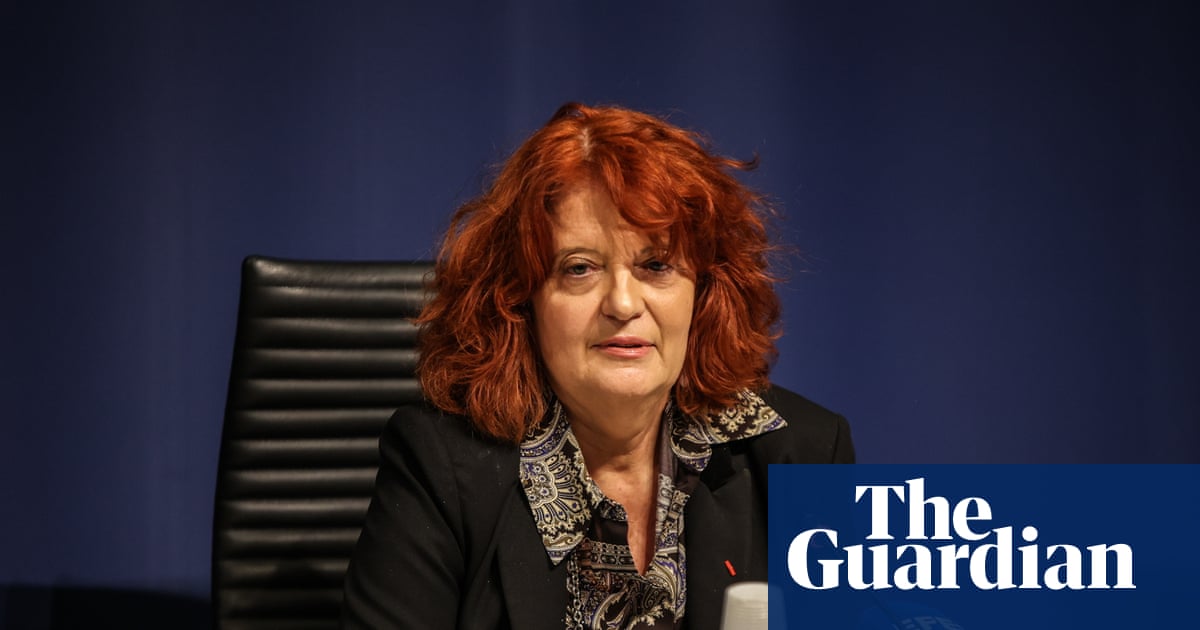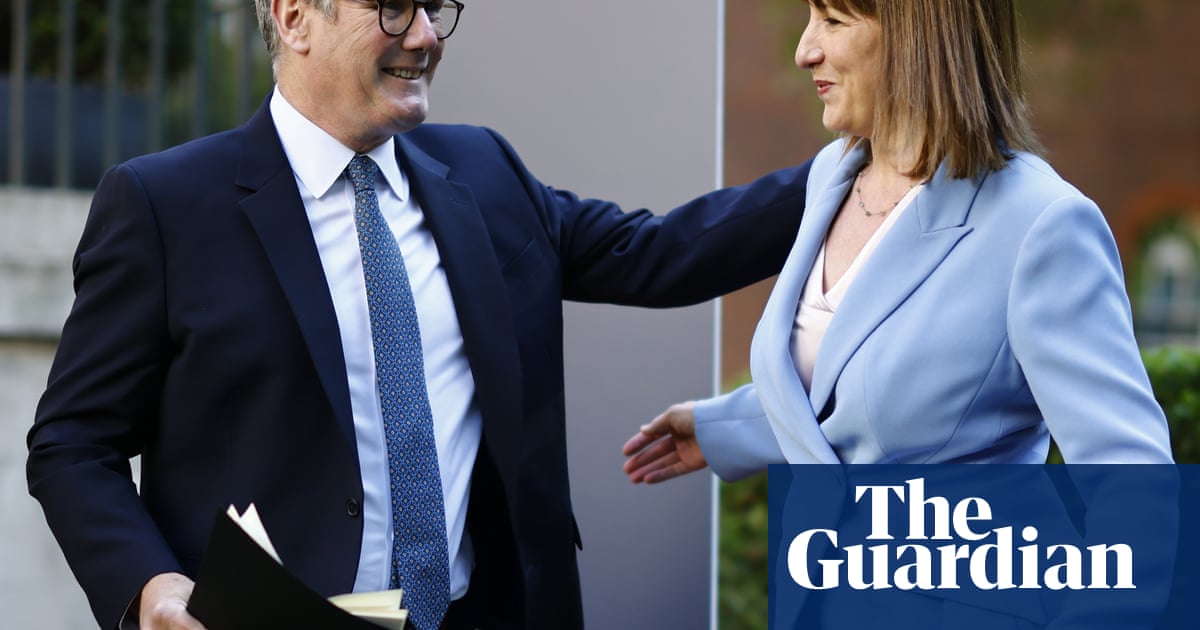A Canadian judge found on Thursday that the woman who accused five professional hockey players was “neither credible or reliable”, in a dramatic conclusion to a trial that ignited debate over the nature of sexual consent and the status of hockey players in a country where many see the sport as a pillar of national identity.
While an official verdict has yet to be handed down, Justice Maria Carroccia told a packed Ontario courtroom that the government had not proved the charges – against five members of Canada’s 2018 World Junior ice hockey team – beyond a reasonable doubt.
There were gasps in the courtroom at the judge’s remarks, which came more than seven years after the accuser first approached police, alleging that the players had sexually assaulted her in a hotel room in 2018.
The case shone a spotlight not just on her and on the players, most of whom went on to professional hockey careers, but also Hockey Canada, the institution that oversees the sport, which eventually admitted it had two secret funds to pay settlements for sexual assault claims.
In her remarks on Thursday, Judge Carroccia pointed out inconsistencies in the accused’s testimony, including around how much she had to drink. Several of the parents of the accused men started crying as the judge read the verdict.
Dozens of protesters gathered on Thursday morning in front of the courthouse holding signs saying they believed the accuser. Some expressed concerns there would not be “justice”.

The men on trial – Carter Hart, Michael McLeod, Dillon Dubé, Alex Formenton and Cal Foote – were all members of Canada’s 2018 team at the World Juniors tournament for under-20s, which took home the championship that year. Players selected to play for Canada at the World Juniors are typically top of the crop and in many cases have already been drafted to play in the NHL.
In early 2024, police charged each man with one count of sexual assault, and McLeod with being party to an offence for allegedly aiding the assaults, after an incident on 19 June 2018 in a hotel room on in London, Ontario, where the players were attending a Hockey Canada gala fundraiser and celebrating their victory. All five men pleaded not guilty.
The alleged offences took place after the woman, who was 20 at the time and is identified as “EM” in the case, reportedly met McLeod at a local bar, then had what she says was consensual sex in his hotel room – only for him to invite other players to join without her consent.
Text messages shown to the court indicate McLeod asked a group chat of players if anyone wanted a “three-way” and gave out his room number.
EM said she was intoxicated, naked and frightened when they entered, and prosecutors alleged that EM did not consent to various sexual acts that then occurred.
Over nine days of testimony in early May, the woman – now 27 – said the sudden appearance of many large men surrounding her caused her to go on “auto-pilot” and take on a “porn star” persona as a form of self-protection. Though she said she did not explicitly say “no” or resist the alleged assaults, nor was she physically forced to participate, she said she did not consent to any of it, that she was “surprised” when the men entered and that they should have known she was intimidated.
“It felt as if my mind kind of floated to the top corner of the ceiling and I just started watching everything happen,” EM told the court. “I just didn’t feel like I had any control.”
Prosecutors alleged that the acts constituted sexual assault, telling the court that McLeod, Hart and Dubé obtained oral sex from the woman, McLeod had sex with her a second time, Formenton did too, Dubé slapped her naked buttocks and Foote did the splits over her head causing his genitals to “graze” her face. EM also said in her testimony that the men placed a sheet on the floor and told her to masturbate while she was slapped and spat on.
The 10 defence attorneys, two allocated to each of the men, alleged in cross-examination that EM was consenting the entire night, and even taunting the men for not all wanting to have intercourse – and that if she cried it was due to feeling rejected that not everyone seemingly wanted to participate.
Hart, the only one of the five men to testify in court, said he asked EM for oral sex and that was she “super excited” to be in the room and “forward” with her offers for sex. One of McLeod’s lawyers, David Humphrey, said in cross-examination that EM demanded sex and suggested she said to them: “Come on, you’ve got a girl here. Someone have sex with me. You guys are pussies.”
EM denied saying it or asking them to have sex with her. “That doesn’t even sound like how I would usually speak,” she told the court.
A central fixture of the trial was two “consent videos” that McLeod recorded on his phone an hour apart after the alleged assaults occurred. In the videos, EM says everything that took place was consensual.
In court, however, she said the videos did not reflect how she was actually feeling at the time. Prosecutors argued that the videos, taken after the sexual activity had ended, do not prove consent at the time of an act.
That difference of interpretation ignited conversations about the meaning of consent and how it is given under Canadian law. The Criminal Code says if an accused person does not take “reasonable steps” to obtain consent given the circumstances, then simply believing a complainant consented is not a valid defence. Whether the men took “reasonable steps” has been the central question of the case.
The trial was also beset by a series of scandals. Police dropped their initial investigation, which began in June 2018, after seeing surveillance footage of EM walking steadily and the two “consent videos”, which made them suspect EM was not too drunk to consent, as she told the initial police investigation.
In 2022, however, EM sued Hockey Canada for $3.55m (£2.5m). The organisation settled with her and launched its own internal investigation.
A furore then erupted when, after a leak to the media, Hockey Canada admitted the existence of two secret funds to pay settlements for sexual assault claims.
Police then reopened an investigation and charged the five men.
But two separate juries were dismissed by Justice Maria Carroccia, the Ontario superior court judge overseeing the case – the first after a juror said a defence lawyer spoke to them at lunch; the second when they told Carroccia they felt two defence lawyers were mocking them in whispers. Carroccia then decided on a judge-only trial.
As she concluded her ruling, Carroccia reiterated that the court’s task was not to determine whether something happened, but whether the prosecution had proven its case beyond a reasonable doubt.
“This is not about morality or optics,” she said. “It is about law.”

 3 months ago
50
3 months ago
50
